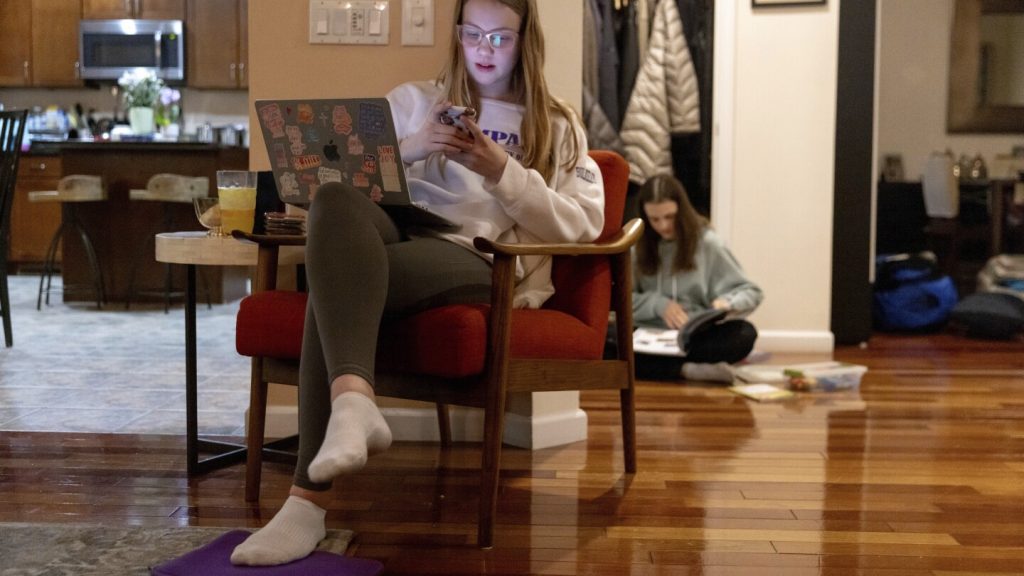As the use and impact of social media on teenagers become increasingly apparent, some parents are implementing restrictions or complete bans on their children’s social media use. Many teenagers themselves are recognizing the negative effects of excessive social media consumption and are taking steps to reduce their usage for the sake of their mental health and academic performance. However, for teenagers attempting to avoid social media in a world where it is ubiquitous, the journey can be isolating and challenging yet also liberating and life-changing.
The COVID-19 pandemic has elevated the role of social media in the lives of American teenagers, with up to 95% of them using social platforms and over one-third being on social media almost constantly. Social media has evolved from being just a means of connection to a crucial element of teenagers’ daily lives, shaping their identities and behaviors. Studies have shown that spending excessive time on social media can contribute to mental health issues such as depression and anxiety. Parents like those in the featured families have tried to educate their children about the potential risks of social media and have established rules to delay its introduction into their lives.
The experiences of the Bulkeley and Durham families showcase the rewards and challenges of avoiding social media in a society where it is prevalent. In Brooklyn, high school senior Gabriela Durham has thrived without social media, finding freedom in not conforming to the pressures of maintaining an online presence. In contrast, the Bulkeleys in Connecticut have allowed their daughter Kate to use social media for school-related activities, highlighting the complexities of navigating high school without succumbing to peer pressure.
For Gabriela in New York City, not having social media has meant missing out on shared experiences with her peers but has also shielded her from the negative aspects of social media culture, such as superficiality and peer drama. In contrast, her peers struggle with addictive behaviors and the pressure to conform to online trends, highlighting the challenges faced by teenagers in a digital age. While some educators advocate for banning phones in schools to promote face-to-face interactions and reduce mental health issues, families like the Bulkeleys and the Durhams are grappling with how to balance the benefits and drawbacks of social media.
Ultimately, both families are navigating the complexities of raising teenagers in a digital age, where social media plays a significant role in shaping young people’s lives. While the Bulkeleys have reluctantly allowed their daughter limited access to social media for school purposes, the Durhams have chosen to remain firm in their decision to keep their children away from social platforms for the time being. As teenagers like Kate and Sutton Bulkeley and Gabriela Durham continue to forge their paths without social media, the ongoing debate over its role in adolescent development and mental well-being remains a central concern for parents, educators, and teenagers alike.


